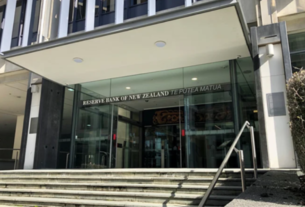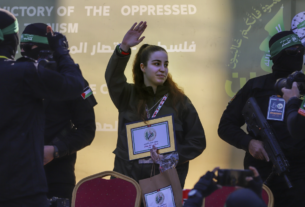On January 27, 2025, Ukrainian officials raised concerns over North Korean involvement in the ongoing conflict with Russia. According to Ukraine’s Ministry of Defense, North Korean soldiers are reportedly fighting alongside Russian forces, equipped with “high-quality” ammunition. The allegations highlight the growing international tensions surrounding the conflict, with potential global implications.
Ukraine claims that the ammunition provided to Russian forces is superior to what has been traditionally available to them, suggesting North Korea’s role in supplying advanced weaponry. Ukrainian intelligence reports indicate that North Korean troops are disciplined and integrated into various strategic units. These forces are said to play a significant role in strengthening Russia’s military capabilities on the battlefield.
Ukraine’s assessment of the North Korean soldiers’ discipline reflects their military training, often described as strict and efficient. According to Ukrainian officials, this discipline has made North Korean troops particularly effective in operations where precision and coordination are essential. However, The exact nature and scale of North Korean involvement remain unclear, and the Ukrainian and Russian governments have not released specific details.
This development adds to the growing concern about the involvement of non-state actors and countries with disputed alliances in the war. North Korea’s military support to Russia could be seen as a response to international sanctions or as a strategic move to counter U.S. and NATO influence. While no direct evidence of North Korean combatants has been publicly shared, these claims are fueling speculation about how global powers may indirectly influence the conflict.
The potential for North Korean involvement in the war raises serious questions about international arms trade and the effectiveness of sanctions. The United Nations and other international bodies have previously imposed strict sanctions on North Korea to limit their arms exports. However, the ongoing conflict in Ukraine has exposed potential gaps in enforcing these sanctions.
For Ukraine, the situation underscores the complexity of dealing with foreign-backed forces and the difficulty of securing international support in the face of a shifting global military landscape. The presence of foreign soldiers equipped with advanced weaponry could potentially tilt the balance of power, complicating Ukraine’s defense strategy. Military analysts are warning that such developments may increase the duration and scale of the conflict.
As of now, both Russia and North Korea have denied the direct involvement of North Korean soldiers in combat. Russia’s Ministry of Defense issued a statement calling the reports “unfounded and provocative,” while North Korea has not commented on the allegations. However, the claims from Ukraine have sparked renewed attention on the geopolitical implications of the war and the extent to which global powers are willing to intervene indirectly.
The situation remains fluid, with international observers closely monitoring how these reports will impact the broader dynamics of the Ukraine conflict. In the coming weeks, more information will likely surface regarding the extent of North Korea’s military support to Russia and how it will shape the ongoing war effort.




